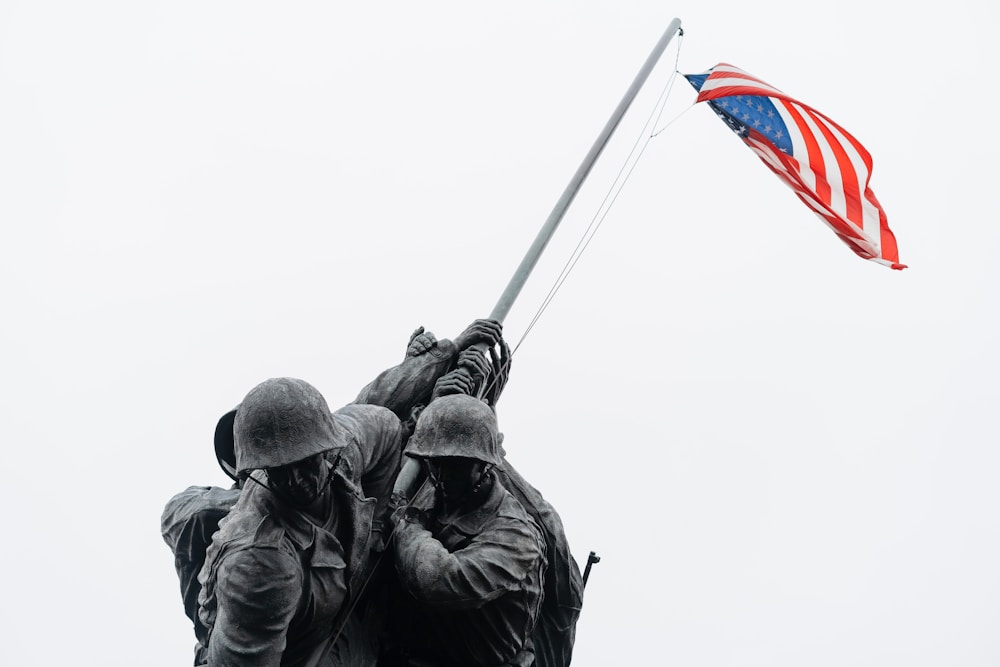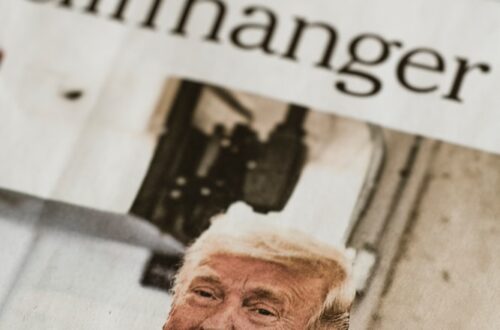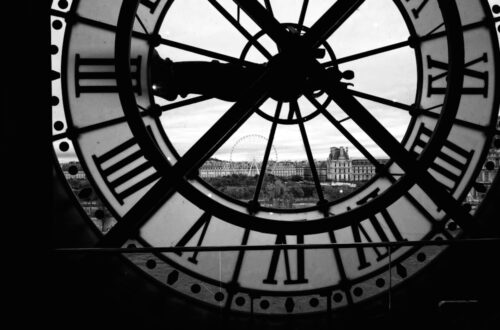There’s a quiet kind of brilliance that only comes with time, patience, and the courage to look backward with humility. Clint Eastwood, always more sensitive than his tough-guy image suggested, found that balance in the later years of his career. While audiences remember Gran Torino or Changeling for their raw emotion and human depth, it’s his twin World War II epics — Flags of Our Fathers and Letters From Iwo Jima — that remain his most meditative, and perhaps his most overlooked, achievements.
Now, with Flags of Our Fathers newly streaming on Paramount Plus, these two films are finally getting another look. Nearly twenty years later, they still feel daring — not because of spectacle, but because of empathy.
Two Sides of the Same War
Released just months apart in 2006, the films work as mirror images. Flags of Our Fathers tells the story of the American soldiers who raised the flag on Iwo Jima, immortalized in Joe Rosenthal’s famous photograph. But Eastwood wasn’t interested in hero worship. Instead, he exposed the contradictions beneath the myth: the exhaustion of the survivors, the manipulation of patriotism for wartime propaganda, and the haunting guilt of those celebrated for surviving while their brothers died.
Letters From Iwo Jima flips the perspective. It’s the same battle, seen through Japanese eyes. In Japanese, subtitled for American audiences, the film follows General Kuribayashi (played with quiet grace by Ken Watanabe) and his soldiers as they face inevitable defeat. Where Flags explores the burden of glory, Letters confronts the dignity of loss. Together, they form one of the most balanced depictions of war ever made in Hollywood — not triumph versus tragedy, but humanity on both sides.
Eastwood’s Late-Career Softness
By the time he made these films, Eastwood was well past the days of cigar-chomping cowboys and lone-wolf detectives. His camera had slowed down. His stories had grown quieter. There was no need to prove toughness anymore; he’d spent decades doing that. Instead, he chased truth.
You can feel that shift in every frame. His direction is stripped bare — no glory shots, no loud speeches, no moral hammering. The battles are chaotic but not cinematic; the death scenes are intimate and unadorned. He treats the soldiers, American and Japanese alike, with the same weary compassion.
That’s what makes these films so rare. Eastwood shows war not as a stage for heroes, but as a shared human collapse. The men on both sides dream of home, write letters to mothers and lovers, and cling to hope that’s already gone.
War Without Villains
Hollywood often draws clean lines in its war stories — good versus evil, freedom versus tyranny. Eastwood erases those lines. In Letters From Iwo Jima, Japanese soldiers write farewell letters that will never reach home. In Flags of Our Fathers, Americans return home to parades they can’t emotionally attend.
The genius of presenting both films is that the audience begins to feel the sameness. The uniforms differ; the ache does not. It’s not moral relativism — Eastwood isn’t excusing Japan’s militarism or romanticizing American propaganda. He’s saying that war, at its core, is the same tragedy repeated in a thousand languages.
That message feels even sharper today, when nationalism often dominates public conversation. These films whisper a quieter truth: that empathy, not victory, defines greatness.
A Reflection in Modern Context
In 2023, Christopher Nolan’s Oppenheimer reignited debate over how war is remembered. Nolan’s refusal to depict the destruction of Hiroshima and Nagasaki drew both praise and criticism. Some called it artistic restraint; others saw it as omission. Director James Cameron joined the chorus of critics and reportedly plans to revisit that same moment in his upcoming Ghosts of Hiroshima.
Eastwood’s duology stands as a reminder that mainstream Hollywood once dared to reflect deeply on such moral grayness. Long before today’s prestige-film debates, he was exploring the cost of victory from both ends of the barrel. Where Nolan focused on the mind that created the bomb, Eastwood focused on the souls crushed beneath its shadow.
Flags of Our Fathers and Letters From Iwo Jima didn’t chase moral absolutes. They showed us war as something both sides lose — and how understanding that loss is the only true path to peace.
Why They Faded From Memory
Despite critical praise and multiple Oscar nominations, the films didn’t dominate pop culture. They weren’t commercial juggernauts. Released during an era dominated by superhero blockbusters and stylized violence, their understated tone may have been too restrained for audiences seeking easy catharsis.
But what cost them attention then is what makes them powerful now. Their quietness feels revolutionary. Their refusal to glamorize war feels radical. Watching them today, against the backdrop of global tension and the renewed conversation about moral responsibility in storytelling, their relevance glows brighter than ever.
The Emotional Core
Every Eastwood film carries a sense of melancholy — the weight of time, regret, and redemption. In these two, that melancholy becomes universal. It’s in the letters written by doomed soldiers. It’s in the haunted eyes of surviving heroes back home. It’s in the empty space between gunfire, when silence suddenly feels louder than battle.
Both movies ask the same unspoken question: What do we really win in war? Not as nations, but as people. The answers aren’t given; they’re felt.
That’s Eastwood’s mastery — he lets humanity speak through stillness. He trusts us to connect the dots, to feel the heartbreak in the gaps between words.
Looking Back, Looking Forward
As Flags of Our Fathers finds new life on streaming, it’s worth remembering what Eastwood accomplished with this rare dual vision. He told the same story twice — once for America, once for Japan — and in doing so, he found the thread that ties both together: the longing for peace, the sorrow of survival, the impossibility of glory.
In an age when most filmmakers choose sides, Eastwood chose understanding. It wasn’t sentimental weakness; it was strength built from empathy. He saw that real heroism isn’t about killing the enemy — it’s about recognizing the humanity in them.
Enduring Echoes
Nearly two decades later, these films still whisper their lessons softly but firmly. They remind us that war stories don’t need spectacle to move us — just honesty. They remind us that even legends like Clint Eastwood can grow gentler with time, finding depth in reflection rather than dominance.
And they remind us that sometimes, the most powerful act isn’t to shout victory, but to listen — to the voices of both sides, carried across time like letters never delivered.
Quiet Horizons Ahead
If there’s a single thread running through Eastwood’s late career, it’s the desire to reconcile strength with grace. Flags of Our Fathers and Letters From Iwo Jima are his clearest attempts at that — twin reflections of pain, loyalty, and memory.
They deserve to be rediscovered not just as war films, but as moral poems about what it means to be human.
And maybe that’s where Eastwood’s true genius lies — in reminding us that even the hardest men can see the world with tenderness when they dare to look closely enough.





